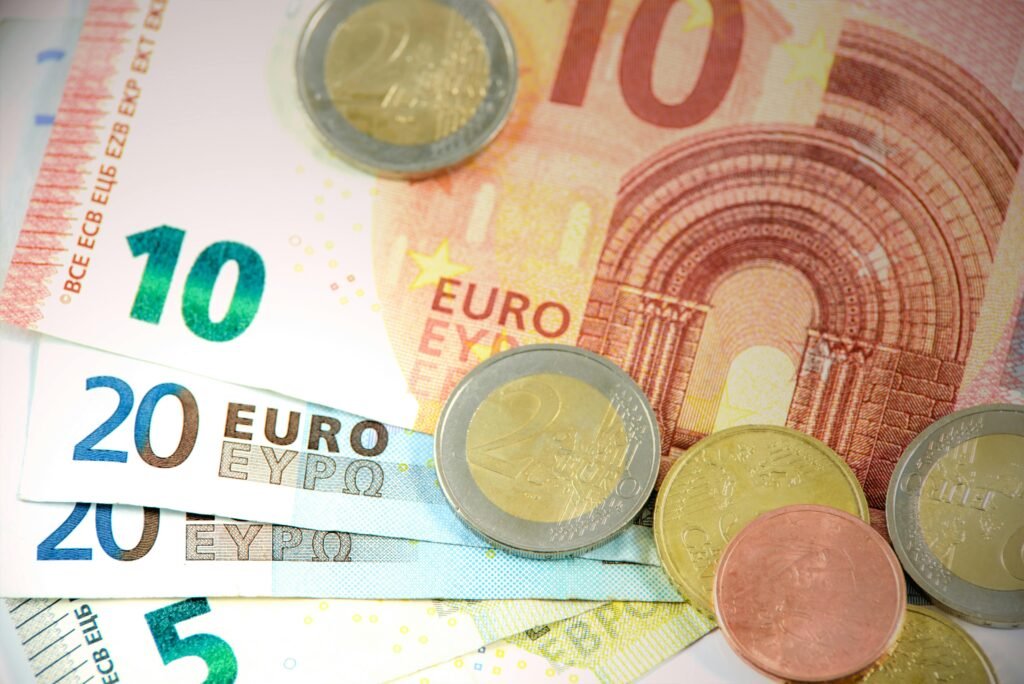Ireland Cost of Living
An updated 2025 guide for Expats looking to relocate to Ireland.


A real-world guide for expats, movers, and digital nomads
Thinking about relocating to Ireland? Whether you’re drawn by career opportunities, family ties, or the green scenery — understanding the cost of living is essential for planning your move with clarity and confidence.
In this guide, we break down what it really costs to live in Ireland in 2025 — from rent and transport to groceries and unexpected extras. If you haven’t yet settled on Ireland as your destination, check out our post on the Best Country to Move to from the UK.
💶 Average Monthly Costs in Ireland
Here’s what a single person can expect to spend each month in 2025 (approximate):
| Category | Monthly Cost (€) |
|---|---|
| Rent (1-bed city) | €1,200 – €1,700 |
| Rent (1-bed rural) | €800 – €1,200 |
| Groceries | €250 – €350 |
| Utilities | €120 – €200 |
| Public Transport | €100 – €150 |
| Internet & Mobile | €40 – €70 |
| Dining & Socialising | €150 – €300 |
| Total (est.) | €1,860 – €2,770 |

👉 Curious how this compares? Cost of Living in Spain | Cost of Living in Germany
🏠 Rent in Ireland: City vs Countryside
Rent will be your biggest monthly expense. Here’s a general overview:
- Dublin: Highest in the country. Expect €1,500+ for a 1-bed.
- Cork & Galway: Around €1,200 for similar properties.
- Rural areas: Can drop to €800–€1,000 depending on location and condition.
Want practical tips on navigating leases? Read: Renting in Ireland
🛒 Groceries and Eating Out
Groceries are fairly priced, especially if you shop local. Irish chains like Dunnes, SuperValu, and Lidl offer good value.
- Milk: €1.50
- Bread: €1.50–€2.00
- Eggs (dozen): €3.00
- Coffee out: €3.50
- Pub meal: €12–€20
📦 Planning a move? We handle Part Load Removals to Ireland to save you money.
🚉 Transport and Getting Around
Public transport is available and widely used in urban areas. Rural areas rely more on cars.
- Dublin monthly Leap Card (bus, tram, train): ~€120
- Car fuel: ~€1.80/litre
- Driving insurance for new residents: often high — shop around
If you’re relocating soon, visit our Removals to Ireland page to get started.
🩺 Healthcare and Insurance
Ireland operates a mixed public-private healthcare system. While EU citizens may use the EHIC, non-EU expats must arrange private health cover.
- Private insurance: €60–€150/month depending on provider
- GP visit (without insurance): €50–€70
- Public A&E visit: €100 flat fee
For new arrivals, we recommend reviewing your Visa Options for Ireland to ensure proper healthcare access.
☘️ Cost-Saving Tips for New Arrivals
- Share a flat when starting out — rent is the real budget killer
- Use local markets instead of chains for fresh produce
- Grab a Leap Card for discounted city transport
- Watch for energy-saving rental properties (heating costs add up fast)
Final Thoughts
Ireland offers a high quality of life, but it’s not cheap. That said, if you’re prepared — financially and logistically — it’s a rewarding place to live, work, or study.
Need help with the move? We offer expert support across everything from customs clearance to storage and packing.
🔗 Get a removals quote for Ireland
🔗 Read: Renting in Ireland
Subscribe to our Emails
Sign to our weekly newsletters if you are an Estate Agent, Removals company requiring Trade services or a business regularly dealing with client relocations
Today’s Articles
Living in France
What does living in France actually feel like? This guide covers everything you need to know about y…
French Pet Passport
French Pet Passport: Bringing Your Pet to France in 2025 A 2025 guide for UK and international expat…
Renting in Ireland
A guide for expats, movers, and digital nomads navigating the Irish rental market Thinking of moving…



Pingback: Renting in Ireland | Euro Move Direct | (0800) 0472607
Comments are closed.